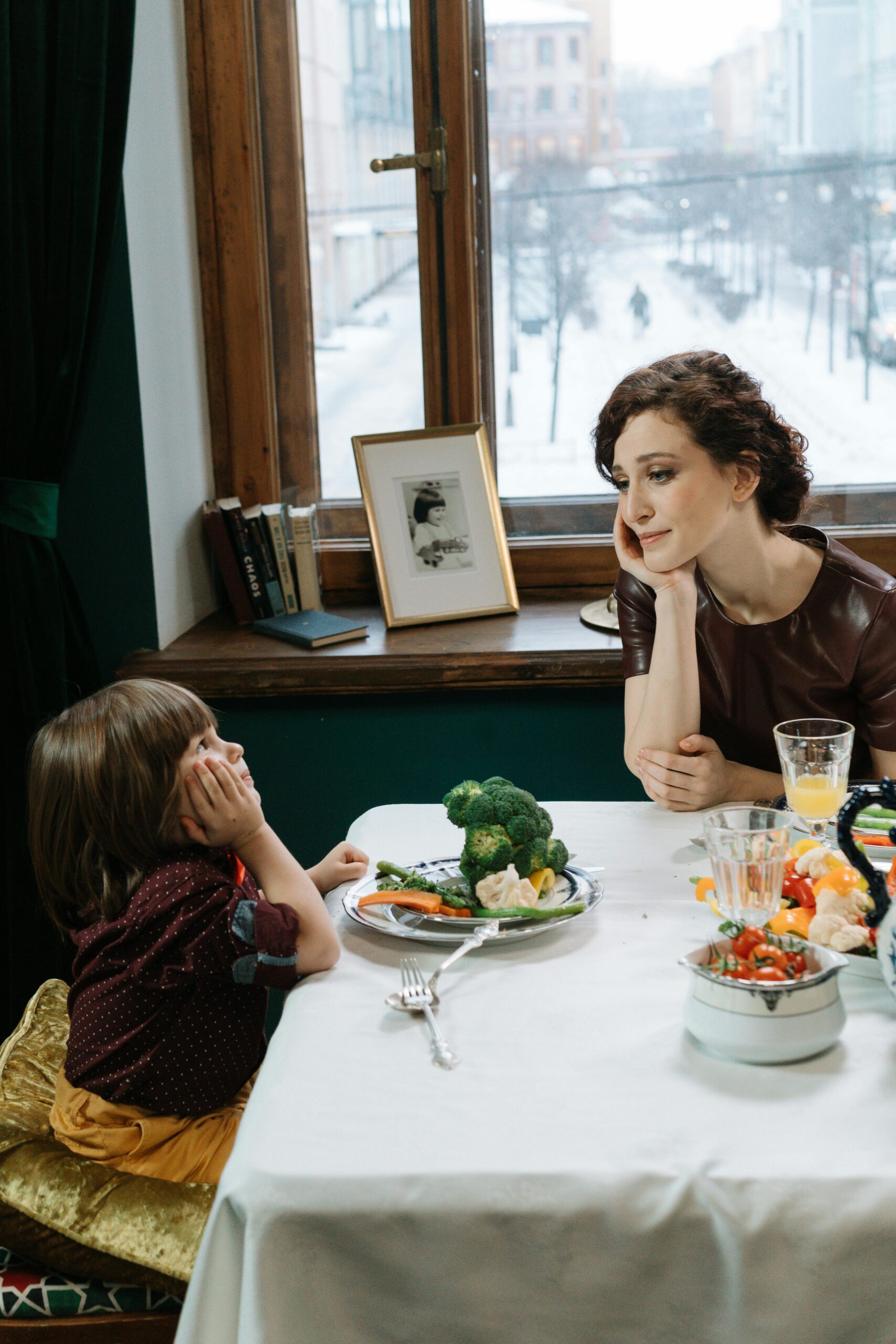As parents, one of the most challenging aspects of parenting can be managing our children’s eating habits, especially when faced with a situation where the only food available is refused by our child.
This tough choice often leads to a power struggle at mealtimes, raising concerns about the negative effects of forcing a child to eat. Below is a thoughtful discussion I had with some group of parents.
So, I was asked this question “If That’s the Only Food I Have and My Child Refuses to Eat, What Do I Do?” a few weeks ago while teaching some group of parents about the negative effects of forcing a child to eat.
Take it or leave it, you can’t force a child to do anything that’s against their wish no matter who you are to them.
Dear parents, you can’t physically force a child to eat just because that’s the only option you have, and you don’t want your child to stay hungry.
What then happens when they have grown taller than you? To an extent that you have to look up to be able to talk to them just because you’re no longer as tall as they are. Are you still going to force them at this stage? If they don’t want to eat the food you provide, please avoid going physical with them because they’re free to make their own decisions and choices. You don’t want to take away the need for autonomy that makes them feel they’re able to govern their own lives.

As parents, we often find ourselves navigating the complex landscape of raising independent, self-reliant children while ensuring their basic needs are met.
One of the most common battlegrounds is the meal time, where a child’s refusal to eat can feel like a personal affront or a direct challenge to parental authority.
Dear parents, it’s important to reframe these moments not as power struggles, but as opportunities to foster respect, understanding, and mutual growth.
Also, understand that your child does not belong to YOU, irrespective of the fact that you birthed them. Remember that they have their own lives to live, and they’ll solve their own problems and challenges by themselves as they grow into adulthood.
Also, note that there will be many choices and decisions your child will make that you, as a parent, will not be happy with. This is just exactly what YOU did to your own parents.
On the other hand, it’s funny how parents believe that they’re always providing the best for their children when it comes to meals.
In fact, you’ll hear them say, “Darling, this is good for you, you should eat it.” But the big question is, do you really understand your child’s preferences and concerns? Knowing the reasons why these children refuse to eat is the first step to addressing their refusal effectively.
Dear intentional parents, I encourage you to put the following points into consideration and think if there’s any way you’re defaulting. Think of how you can get your child to enjoy their meals, remember that you cannot FORCE a child to eat if they choose not to. It’s their choice and decision to make.
So, let’s see few reasons to examine the reasons why your child may refuse to eat and how you can respond.

- First, whenever you’re making decisions on what to cook, please put your child into consideration. By now, you should have known your child’s likes and dislikes when it comes to food, so putting this into consideration will save you the refusal drama.

2. Also, how do you prepare the food? Your child may refuse to eat your food because of the way you prepared it. For instance, my daughter does not like fried egg with tomatoes, but fry it plain, she’ll gladly accept and eat. Understanding this fact will make your child gladly eat your food.

3. Again, have you ever taken out time to ask your child why she doesn’t eat certain food any time you prepare it? I know a child who does not like to eat beans just because she was told by her friend in school that a certain child was overweight because she eats beans. For this child, it is a fact, and because she doesn’t want to be overweight, anytime her parents offer her beans, she declines. So having this kind of conversation will help you understand where your child is coming from.

4. Again, if possible, write the shopping list together and go shopping together. Afterwards, involve your child in the cooking, and by so doing, she will not refuse the food she joined in preparing.

5. Also, make your food inviting and fun. Remember, for children, everything must be fun and exciting; otherwise, they’re not interested.
6. Make your breakfast, lunch, and dinner fun and special. By this, I mean using special plates, tablecloths, and cutlery. Make use of them and stop keeping them for special visitors or special events.
Make it special for them at all times and see if they’ll not gladly eat and enjoy your food.

7. Another reason children refuses to eat is because it is boring. Boring in the sense that they’re all sat by themselves in the big bowl of porridge. They’ll get tired of the food or refuse. What happens if all the family members come together every meal time? When your child sees you eat, they’ll eat, especially when the food is in the same plate and all of you are eating from it. This works a lot for me. Doing this will also give you an opportunity to use eating time as a bonding moment for you and your child.

8. Another reason your child is refusing to eat your food is because there’s no option. Imagine giving a child toast every day for breakfast. The child will get tired of it and refuse. Give your child two or three options of food. For instance, for breakfast, give options for say Weetabix, porridge, and Coco Pops, and let them choose from your options.

Dear parents, I’ll encourage you to put all of the above listed points into consideration and remember that patience is the key to achieving any goal in our parenting journey.


